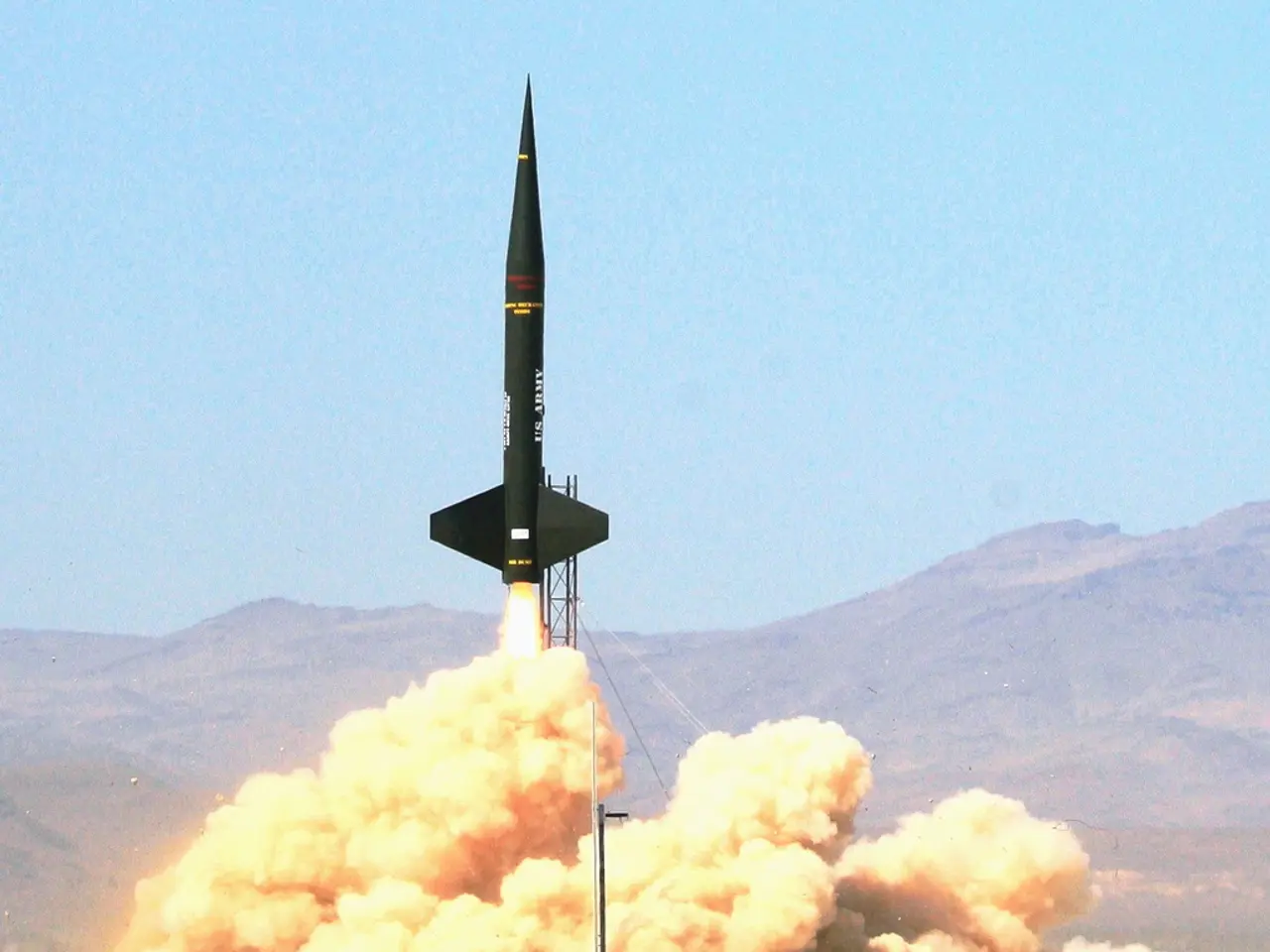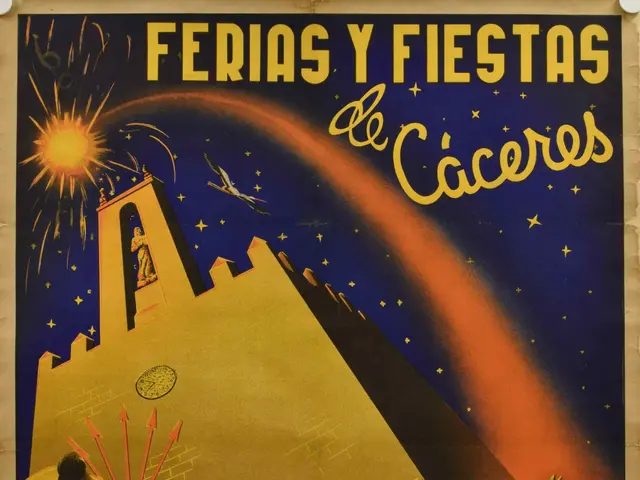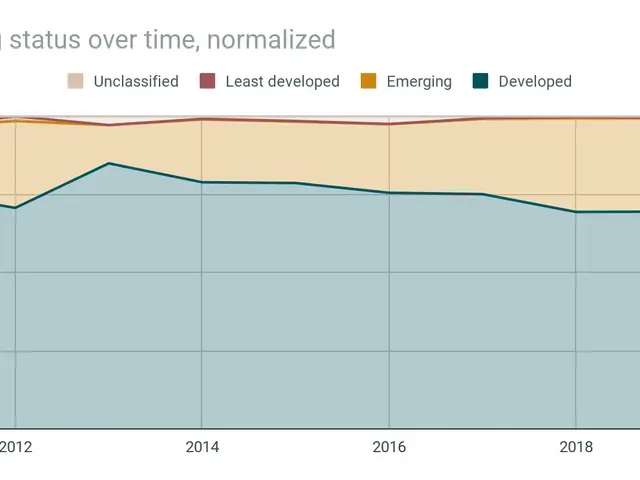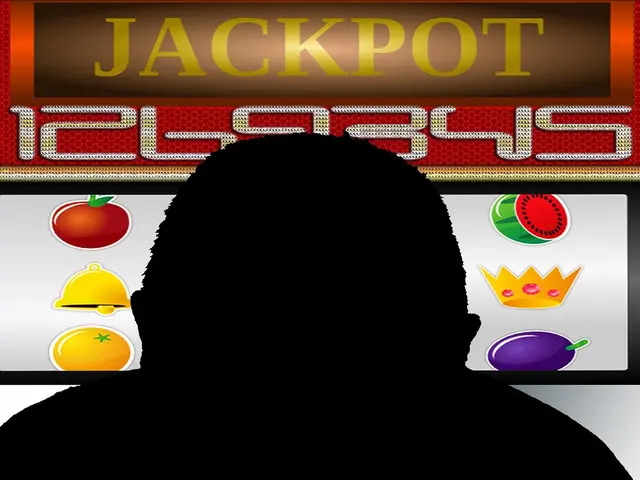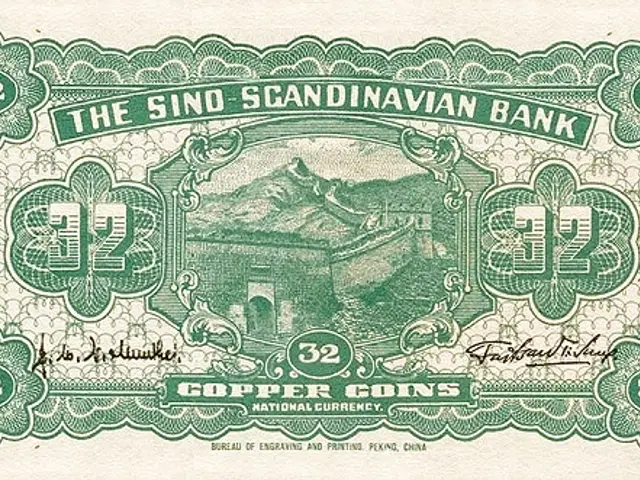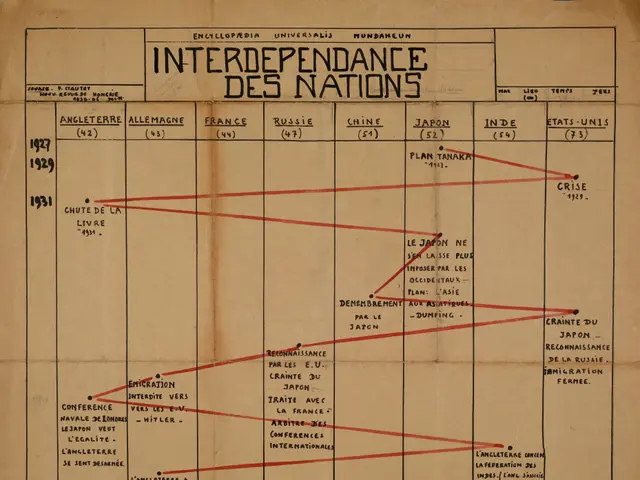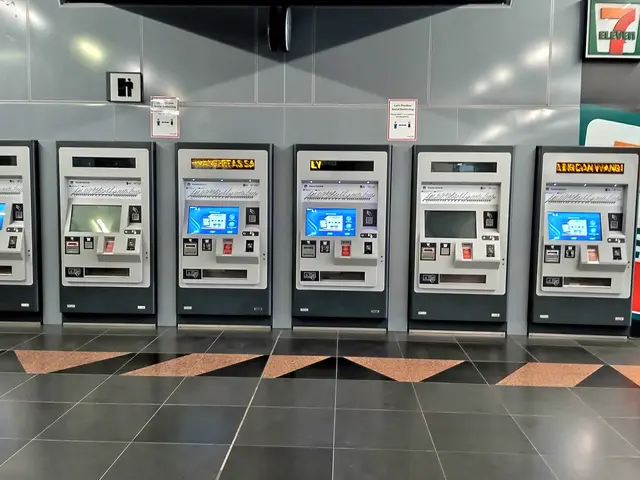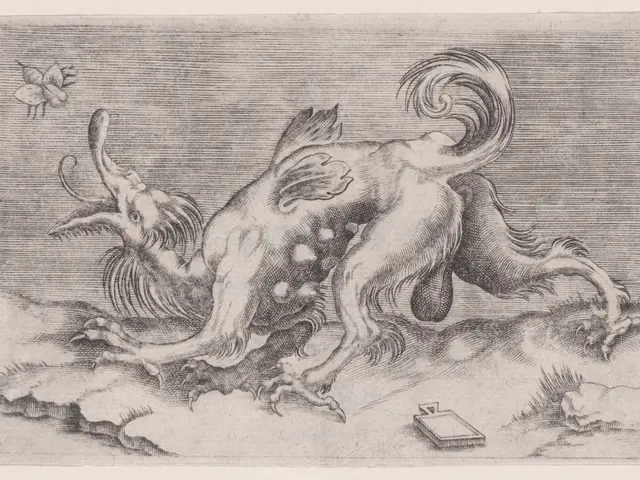Grew Powerball jackpots surpassing $1 billion in value
In 1985, history was made with the launch of the first multi-state lottery, a groundbreaking initiative by three small states - Vermont, New Hampshire, and Maine. Since then, the landscape of American lotteries has significantly transformed. Today, the spotlight is on the Powerball jackpot, which stands at an impressive $1.4 billion, making it the sixth-largest prize in American lotto history.
The key to the success of these multi-state lotteries lies in their nationwide reach. Unlike traditional lotteries that divide the country into competing territories, Powerball and its rival, Mega Millions, sell their tickets in virtually every state, making the jackpots accessible to a vast majority of Americans.
The strategy seems to be working. Since the first billion-dollar prize was won in 2016, there have been 11 prizes worth more than $1 billion, with the next winner (or winners) set to become the 13th to claim such a monumental sum.
The allure of these big prizes is undeniable. The amount of money that gets attention and sells tickets has increased over time, with jackpots above $1 billion becoming commonplace. States that do not offer Powerball and Mega Millions tickets, such as Alaska, Hawaii, Nevada, Utah, and Alabama, are not immune to the excitement, as many residents often buy tickets from neighbouring states.
Interestingly, the demographics of the players differ significantly. Instant scratch off tickets typically attract lower income players, while Powerball and Mega Millions attract higher income players, especially when prizes get so large.
The odds of winning the top prize in Powerball are about 1 in 292 million, while Mega Millions offers slightly better odds at 1 in 302.6 million. However, instant games with much smaller prizes offer better odds at winning some kind of prize.
Despite the long odds, the appeal of the lottery remains strong. Americans spend an estimated $110 billion on lottery tickets each year, which comes to about $1,000 per adult. Interestingly, almost half of adults don't buy lottery tickets, meaning the average for those who do play is about twice that amount.
The strategy of letting the jackpot rollover without a winner to get bigger jackpots has proven to be a successful tactic. This approach was first adopted by Lotto America, a precursor to Powerball, where the odds of winning the top prize were about 1 in 19 million.
For the lucky winners, the jackpot is not the only prize. Almost every winner instead takes a smaller, one-time cash payment, which in Wednesday's drawing is "only" $634 million.
The cross-selling agreement between Powerball and Mega Millions, which took place in 2010, opened up the prizes to the large majority of the country. This strategic move has undeniably contributed to the soaring jackpots and the enduring popularity of the lottery.
As the countdown to Wednesday's Powerball drawing continues, the anticipation grows. Will the lucky winners claim the $1.4 billion jackpot? Only time will tell.
Read also:
- Peptide YY (PYY): Exploring its Role in Appetite Suppression, Intestinal Health, and Cognitive Links
- Toddler Health: Rotavirus Signs, Origins, and Potential Complications
- Digestive issues and heart discomfort: Root causes and associated health conditions
- House Infernos: Deadly Hazards Surpassing the Flames
